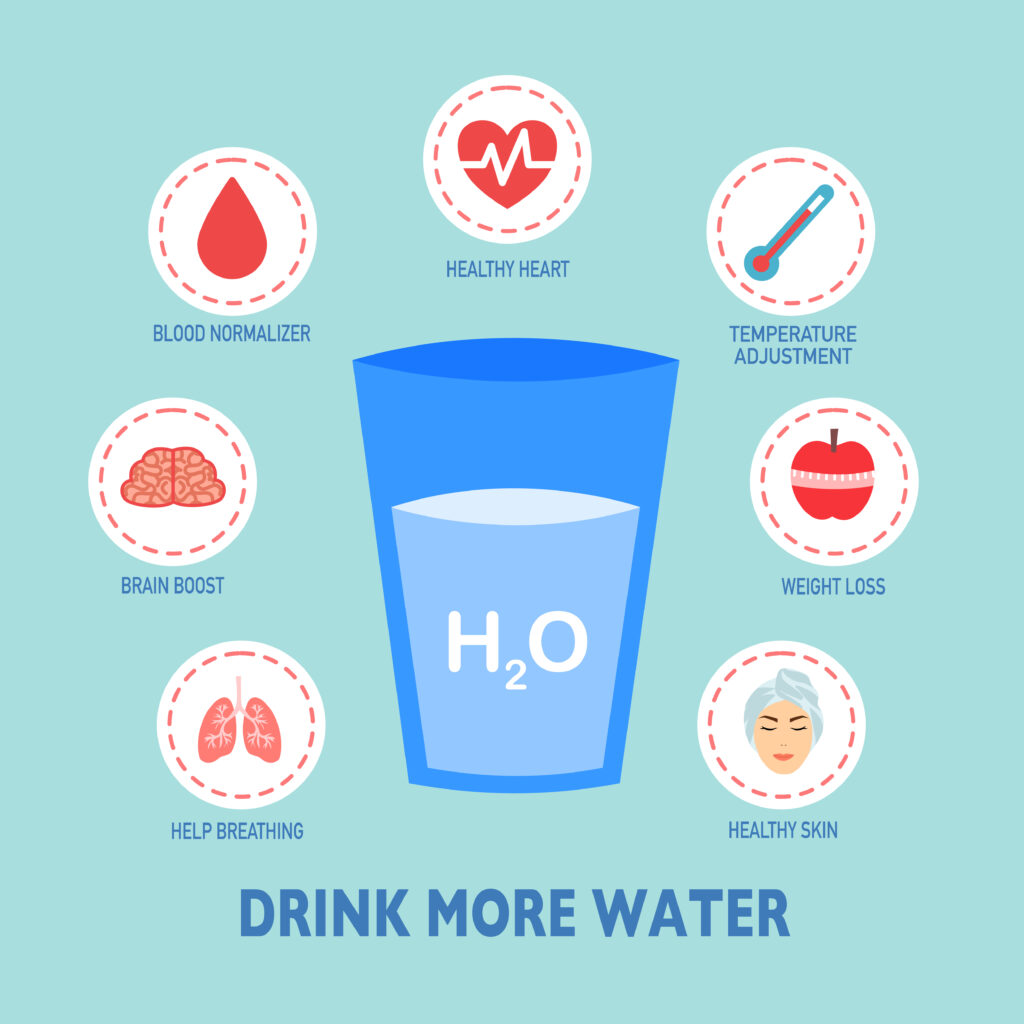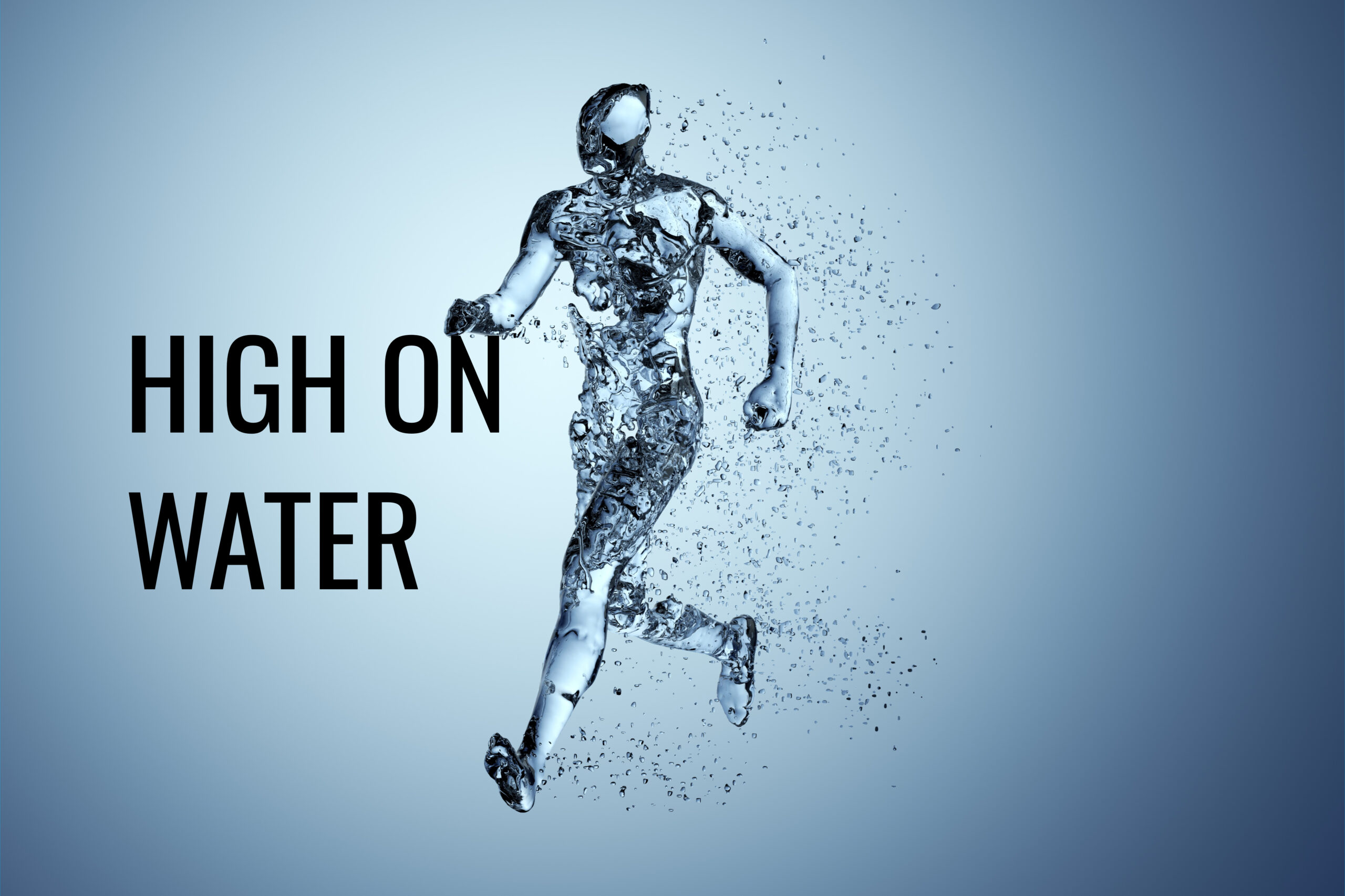Are you dehydrated, hungry, or sleep-deprived? Lack of energy is something we all experience more often than we should probably. When exhausted, we often reach for the next cup of coffee or a snack, or even we might take a nap. But could the solution be in a simple glass of water?
SIGNS OF DEHYDRATION:
Bad breath.
Decreased amount of urine.
Dry mouth and swollen tongue.
Sluggishness and fatigue.
Sugar cravings.
Very dry skin.
Feeling dizzy.
Rapid heartbeat.
Rapid breathing.
Sunken eyes.
Sleepiness, lack of energy, confusion, or irritability.
Fainting.
Tiredness is often associated with sleep deprivation, stress, insufficient nutritional intake ( which leads to nutritional deficiencies). Still, unless an individual is highly physically active, hydration is being dismissed as a potential factor. In fact, more often than not, simple water is exactly the key.

How much water should a person drink? This is very individual, depending on your physical activities, lifestyle, genes expressions ( epigenetics), outside temperature, and stage of life. A simple way to gauge your hydration level is to pay attention to the color of your urine. If your urine is very dark and has a strong odor, you are definitely dehydrated and should increase your water intake. If your urine is completely clear, you are likely drinking too much.
We often dismiss thirst or reach for high sugary drinks, which do the opposite; they dehydrate us.
BEST WAYS TO HYDRATE:
Water
Coconut water
Tea
Fruits and veggies
Liquids should be consumed ideally one hour before or two hours after a meal; otherwise, you will dilute the digestive enzymes necessary to break down your food.
For further guidance on preventative disease lifestyle, press: Plans
